 Fertilizer Applied with Graphene is More Effective
03. 31. 2018
#Fertilizer feedstock
Fertilizer Applied with Graphene is More Effective
03. 31. 2018
#Fertilizer feedstock

Ever since graphene was invented manufacturers have been experimenting with its potential. Plans to use it in the manufacture of LED displays, batteries, and solar cells are still progressing, but now a team of researchers may have found a use for it as an agrichemical feedstock.
Based at the University of Adelaide, the ground-breaking study focuses on using graphene as a fertilizer carrier. By loading trace minerals onto a graphene oxide sheet, the team found that not only were they able to transport fertilizer ingredients more accurately to crops, but also that the essential elements were slow released in a more effective manner than traditional fertilizer practices.
The team was led by Professor Mike McLaughlin, Head of the University of Adelaide's Fertiliser Technology Research Centre at the Waite campus, who explained how the study, " … found that loading copper and zinc micronutrients onto graphene oxide sheets was an effective way to supply micronutrients to plants. It also increased the strength of the fertiliser granules for better transport and spreading ability."
As the scientific journal ScienceDaily reports, “Using graphene as a carrier means the fertilisers can be applied in a more targeted fashion, with overall increased fertiliser efficiency and great nutrient uptake by the plants. The graphene-based carriers have so far been demonstrated with the micronutrients zinc and copper. Work is continuing with macronutrients such as nitrogen and phosphate.”
The study, carried out by PhD student Shervin Kabiri, has now been published in the peer-review journal, Applied Material and Interfaces, reporting that, “The prepared Zn-graphene oxide (Zn–GO) and Cu-graphene oxide (Cu–GO) fertilizers showed a biphasic dissolution behavior compared to that of commercial zinc sulfate and copper sulfate fertilizer granules, displaying desirable fast and slow micronutrient release.” Adding that the successful results include, “A pot trial demonstrated that Zn and Cu uptake by wheat was higher when using GO-based fertilizers compared to that when using standard zinc or copper salts.”
Like any ground-breaking discovery, further research is required to increase effectiveness, as well as to experiment with different nutrients and plants. At present, the project is still some way off being commercial, although the chief investor, The Mosiac Company, one of the world’s largest suppliers of potash and phosphates for the agrichemical market, will be keen to take up their option to licence the new technology.
As Professor McLaughlin explains, "It's still early days but there is no doubt that fertilisers with release rates more tailored to crop demand, and fertilisers with greater physical strength and robustness, will both improve grower efficiency of fertiliser application and efficiency of nutrient uptake.” Adding that, "Successful commercialisation will depend on cost of graphene/graphene oxide and the ability to scale this process up, and integrate it into the commercial fertiliser production process."
The research is part of a wider analysis into uses for graphene in the agribusiness industry. As Professor Dusan Losic, nanotechnology leader in the University's School of Chemical Engineering and Director of the University's Australian Research Council (ARC) Research Hub for Graphene Enabled Industry Transformation, explains, “Graphene is a novel new material only discovered in 2004 and has incredible properties, including a very high surface area, strength and adaptability to bind to different nutrients.” Noting that, “this is the first time graphene has been developed as a carrier for fertiliser nutrients.”
AG CHEMI GROUP has been supplying fertilizer feedstock since 1994. It is also a global supplier of zinc oxide, potassium sulfate, potassium carbonate and other industrial ingredients.

If you are interested in fertilizer raw materials, then please contact the friendly, multi-lingual sales team, or take a look at the AG CHEMI GROUP catalogue.
Photo credit: AmericanChemicalSociety, Stuff, the University of Adelaide ChemistryWorld & CompostLab